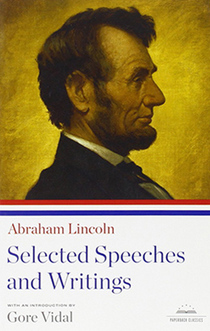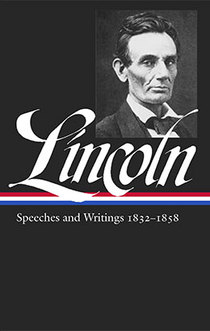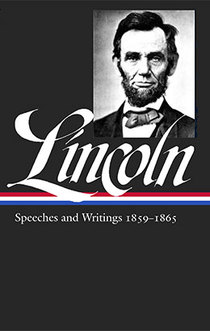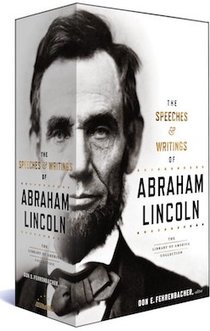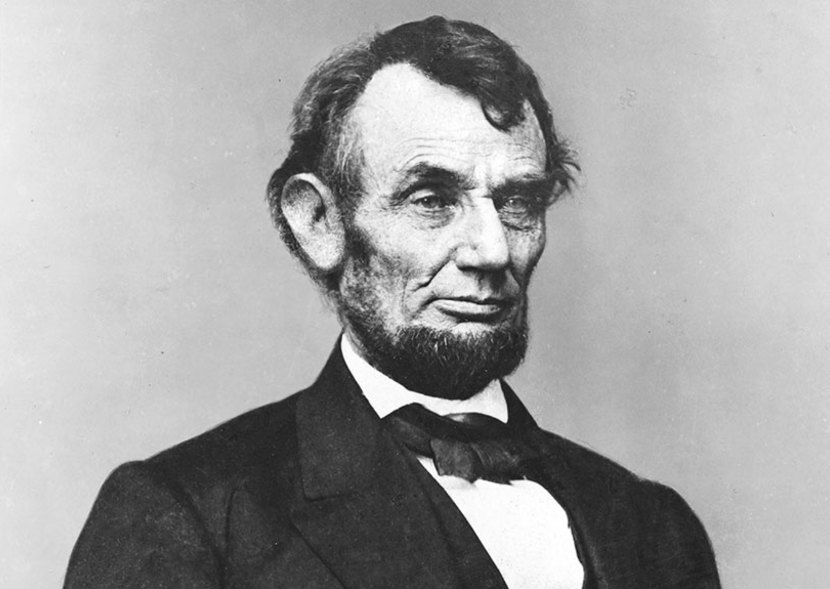
Major works:
“House Divided” Speech at Springfield, Illinois (1858) • Final Emancipation Proclamation (1863) • Address at Gettysburg, Pennsylvania (1863) • Second Inaugural Address (1865) • Speech on Reconstruction (1865)
Special Message to Congress, July 4, 1861
Abraham LincolnOur popular government has often been called an experiment. Two points in it, our people have already settled—the successful establishing, and the successful administering, of it. One still remains—its successful maintenance against a formidable internal attempt to overthrow it. It is now for them to demonstrate to the world, that those who can fairly carry an election, can also suppress a rebellion—that ballots are the rightful, and peaceful, successors of bullets; and that when ballots have fairly, and constitutionally, decided, there can be no successful appeal, back to bullets; that there can be no successful appeal, except to ballots themselves, at succeeding elections. Such will be a great lesson of peace; teaching men that what they cannot take by an election, neither can they take it by a war—teaching all, the folly of being the beginners of a war.
